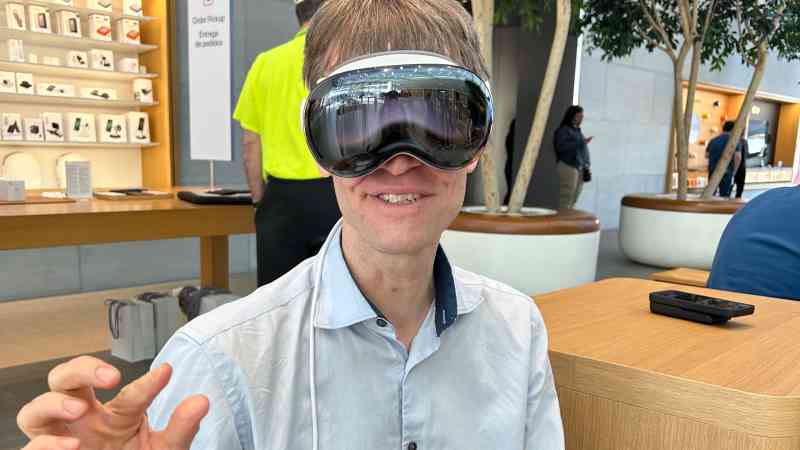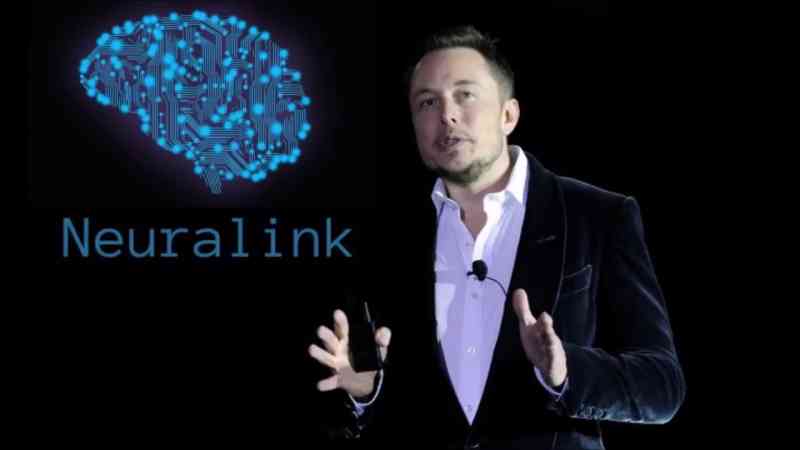Facebook’s 20th anniversary: From frat-house dream to tech empire
Twenty years ago next month, a loveless coder called Mark Zuckerberg spun up a “hot or not” website to rate the looks of his female classmates at Harvard. Today, he is one of the richest men on earth, lords over an empire of nearly four billion people and recently unveiled a stunningly ambitious plan to develop artificial general intelligence (AGI).
Enthusiasts believe that the latter — if it is indeed achievable — would be “humanity’s last invention”, a system superior to humans at virtually every cognitive task and capable of solving the world’s most vexing challenges, from climate change to cancer.
Whether AGI is in fact achievable and not a science-fiction fantasy is the subject of much debate. But Zuckerberg’s hope is that he will have more success than he did with the last hair-brained scheme he tried to foist onto the world — the metaverse. The 39-year-old’s pivot toward “the singularity” — the hypothetical point in the future where tech becomes out of control and irreversible — marks another stunning turn in one of the most extraordinary trajectories in business.
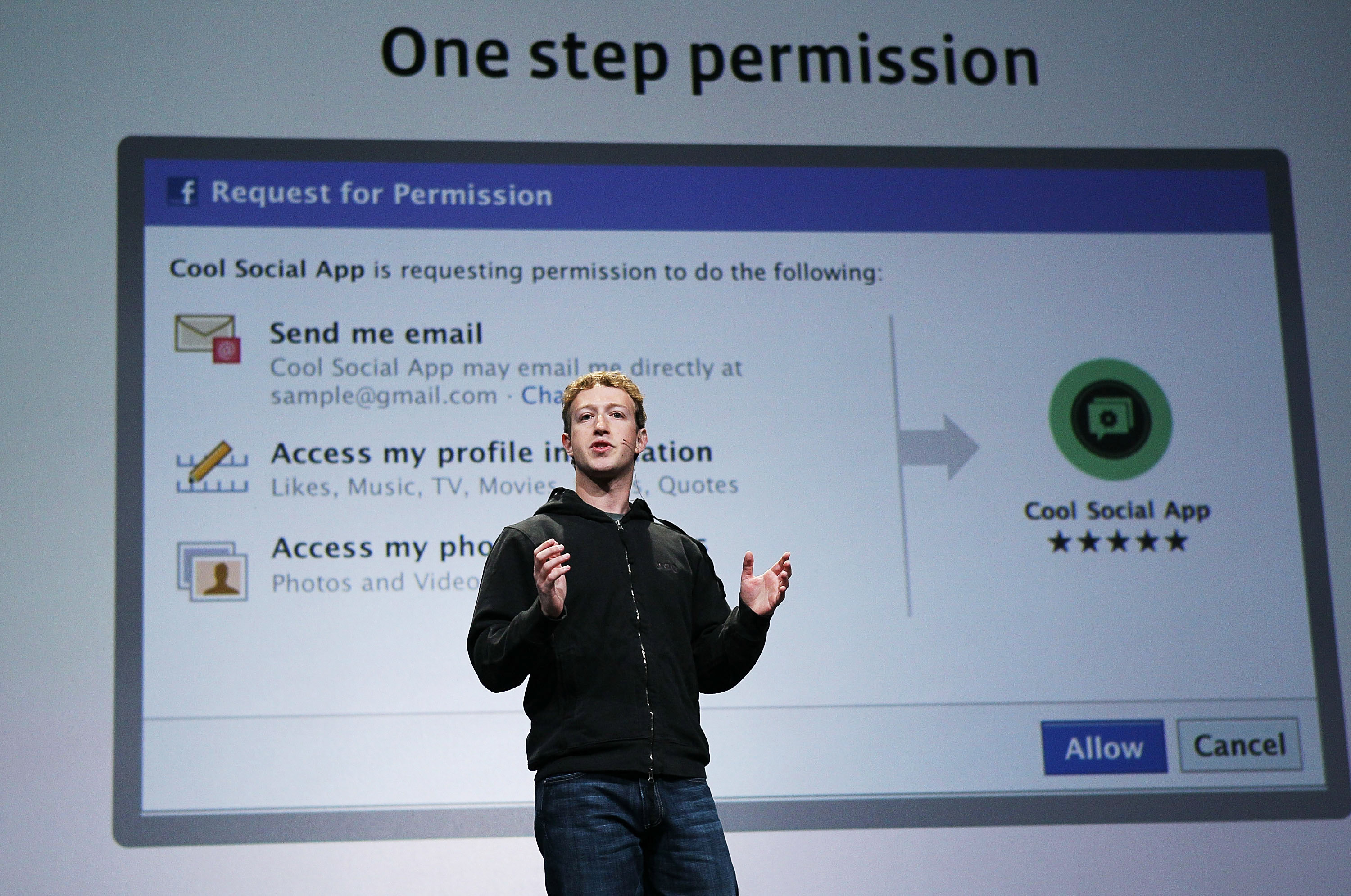
Since he founded Meta (née Facebook) in February 2004, Zuckerberg’s company has careened from one crisis to the next. It has bent rules, broken laws, been blamed for genocide and branded a public health risk akin to tobacco. And yet, it has never stopped growing. As of September its family of apps, which includes Facebook, Whatsapp and Instagram, was being used by 3.9 billion people every month.
A long-threatened regulatory crackdown has yet to materialise, in no small part due to one of the largest corporate lobbying operations in the world. A steady drizzle of lawsuits has done nothing to slow down one of the greatest money-making machines in the history of capitalism.
Indeed, through the first nine months of the year the company booked $25 billion in net income on $95 billion in sales, increases of 39 per cent and 12 per cent respectively. Wall Street expects another blow-out earnings report this week when Zuckerberg reveals how the company did in the last three months of 2023. The stock price last week hit a new record of $394, pushing it for the first time past the $1 trillion threshold to put it alongside the likes of Alphabet, Apple and Nvidia.

All of which has primed Zuckerberg for perhaps his most ambitious plan yet. He took to Facebook this month to explain that Meta was going to spend up to $10 billion — based on market prices — on 350,000 of Nvidia’s most advanced AI chips, the type needed to attempt “general intelligence”. According to Omdia Research, Meta’s chip orders are equalled this year only by Microsoft, one of the world’s top cloud computing providers, and is three times what Alphabet has secured.
“We have built up the capacity to do this at a scale that may be larger than any other individual company,” Zuckerberg told the Verge website. “I think a lot of people may not appreciate that.” Jack Clark, co-founder of theAI developer Anthropic, likened Zuckerberg’s announcement to, “a ten-tonne shoe dropping out of the sky.”
Zuckerberg once said: “I am more afraid of not doing the best thing we can than I am of breaking the thing that we currently have. I just think I take more chances and that means I get more things wrong.”
From the outset, Zuckerberg has pushed the envelope — and crossed the line. To build Facebook’s first iteration, Facesmash, he did so by scraping university databases for people’s pictures. It almost got him expelled.
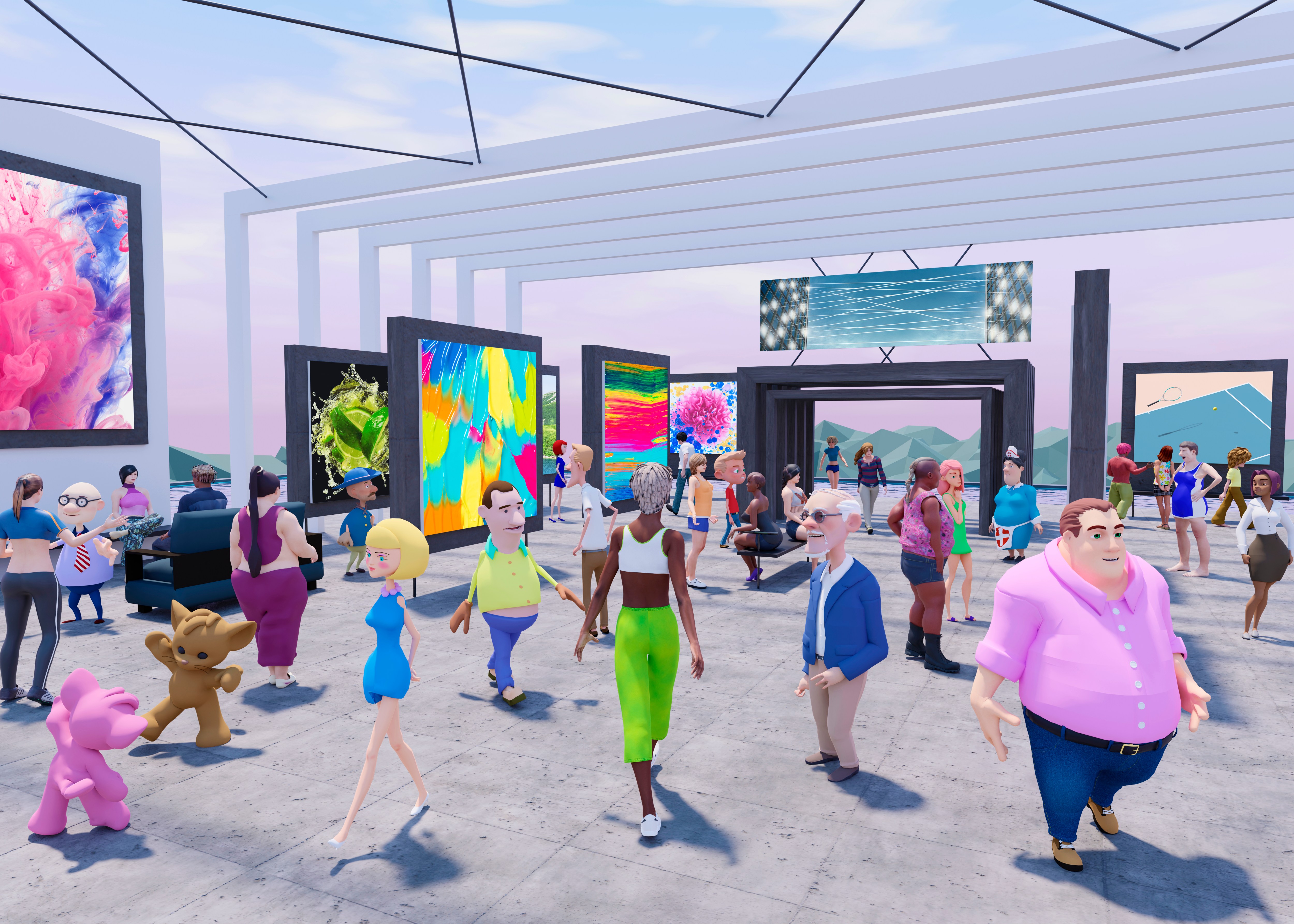
As Facebook’s growth exploded, he made the fateful decision to create the Newsfeed, the never-ending scroll of often salacious stories that kept people glued to their screens.
The feature seeded a generation of online news purveyors, such as Buzzfeed, which rose then fell as Zuckerberg tweaked its core algorithm, banishing the stories of one organisation on one day, while surfacing those of another the next. Zuckerberg was hauled before Congress, accused of ignoring warnings that the feed had become a pipeline for disinformation and extremist content. He didn’t back down, however, until the rival Tiktok showed that an AI-driven feed of videos was simply a better way to keep people swiping.
Last month Meta finally got rid of the news tab for British and European users — more than a year after Buzzfeed shuttered its news operation. The editor of Mother Jones, a US magazine, said recently that the magazine website had lost 99 per cent of its Facebook-derived traffic.
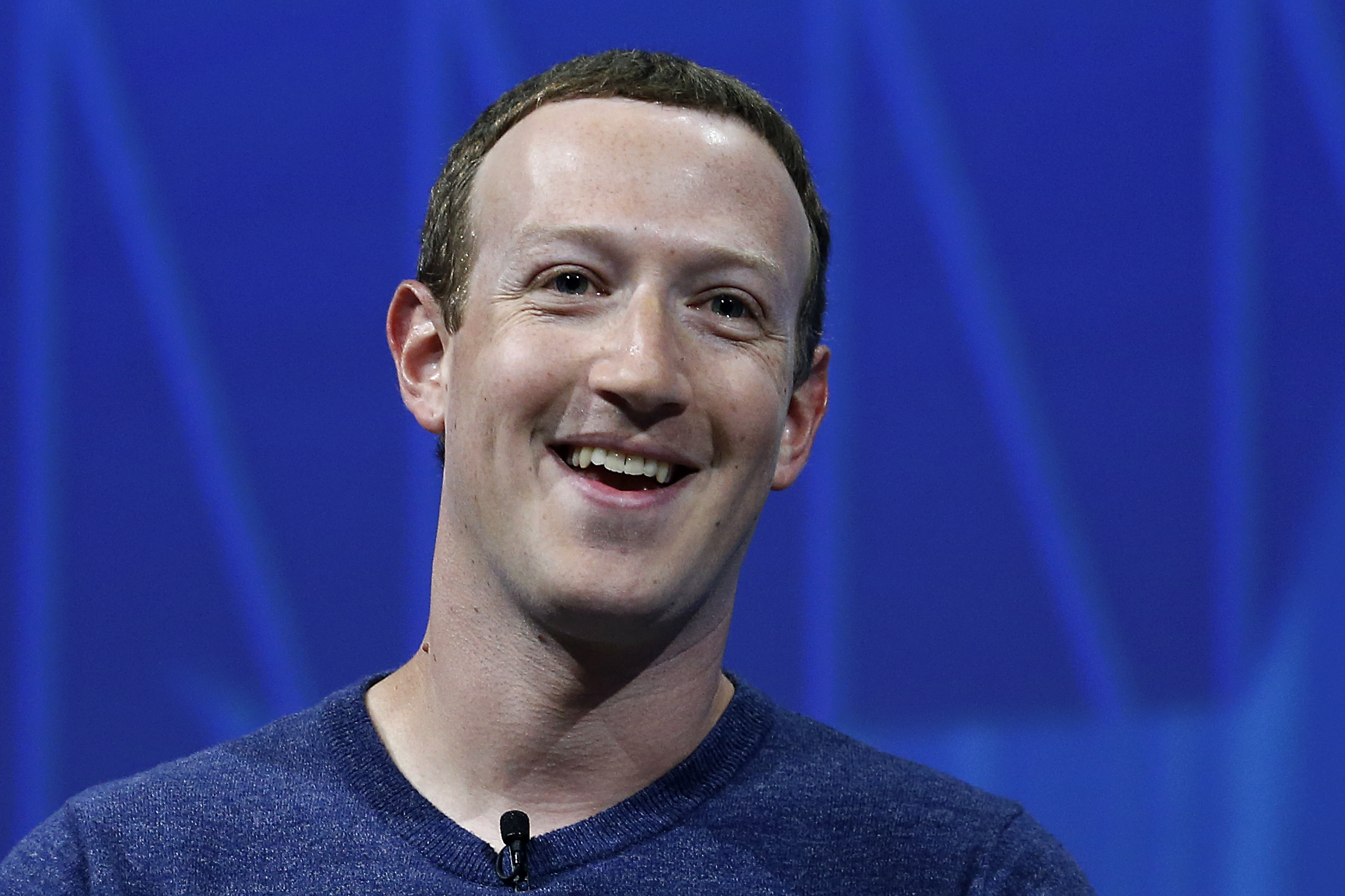
Meta’s exit from the news business in no way signals an end to its problems. The Federal Trade Commission last year changed the terms of a 2020 data privacy settlement after it found that the company had violated its pledges to protect young people. “The company’s recklessness has put young users at risk, and Facebook needs to answer for its failures,” the regulator said. Meta has countersued, and the case continues. New Mexico’s state attorney general last month sued the company, claiming that it had turned Instagram into a, “marketplace for predators in search of children”, echoing charges from the whistleblower Arturo Béjar who testified in Congress in November that the company was aware of “staggering levels of abuse that teens aged 13-15 were experiencing every week”, yet did little to mitigate it, an allegation Meta strenuously denies.
And yet, Zuckerberg appears remarkably unbothered. Indeed, as Meta has transformed, so too has its founder, from the sun-starved coder who once got so nervous before interviews that his PR would blow-dry his armpits, to a mixed martial arts enthusiast and fitness fanatic who seems much less interested in apologising than he used to be. “I don’t look back on stuff we’ve done,” he once said. “People will criticise you and beat you up when you make mistakes. But it’s optimists who build the future.”

And so on he goes. With the disaster of the metaverse, a $40 billion virtual world no one wanted, still fresh, AGI, his new obsession, is another technology that may alter humanity — or may end up being another expensive, unreachable fantasy.
In the early days of Facebook, Zuckerberg would end company all-hands meetings with a yell: “Domination!” He no longer engages in such theatrics, but he appears to have lost none of his fervour to squash the pretenders that crop up to threaten his throne. He bought some, such as Instagram and Whatsapp. When Snapchat’s Evan Spiegel rejected his overtures, Zuckerberg tried to bury him by systematically copying Snap’s best features. Snap has survived, but is worth just less than 3 per cent of Meta.
So who is Zuckerberg’s newest target? Sam Altman, the OpenAI chief who ignited the AI boom in November 2022 with the release of ChatGPT. Meta has no hope of buying OpenAI, due both to the immense regulatory scrutiny it is under and the ambitions of Altman. Meta will have to try to bury it instead.
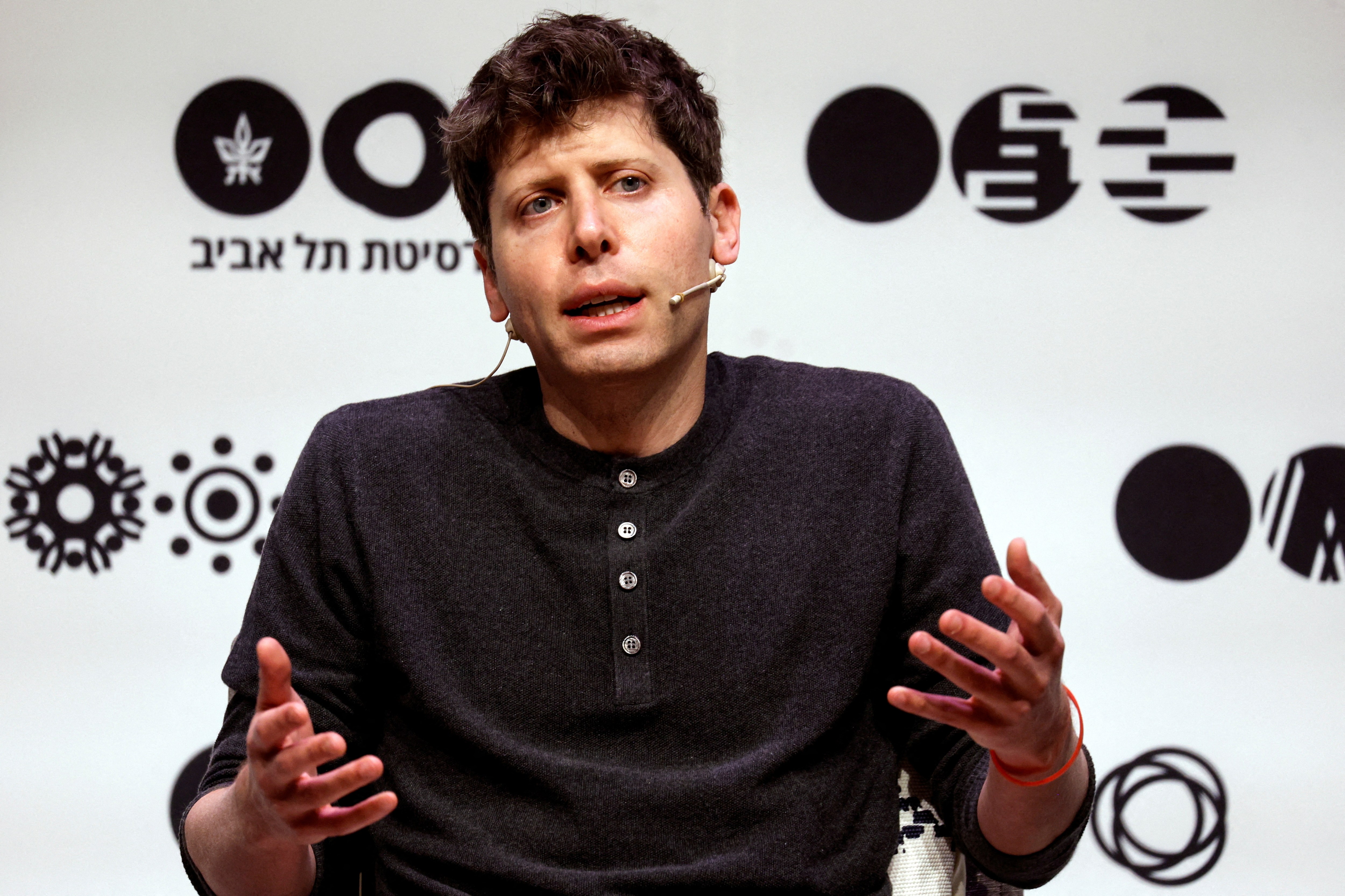
Hence his AGI plan, which differs from OpenAI’s in one key way. Rather than charging for access, as OpenAI does, Meta plans to “open-source” its AI models. In other words, it will make them freely available for anyone to use and improve upon.
If Meta can engineer the new layer of intelligence that Silicon Valley believes will soon permeate every corner of life and business, he could not just kneecap the latest bright young thing threatening to upend the world, he might just keep hold of what he holds most dear: domination.

